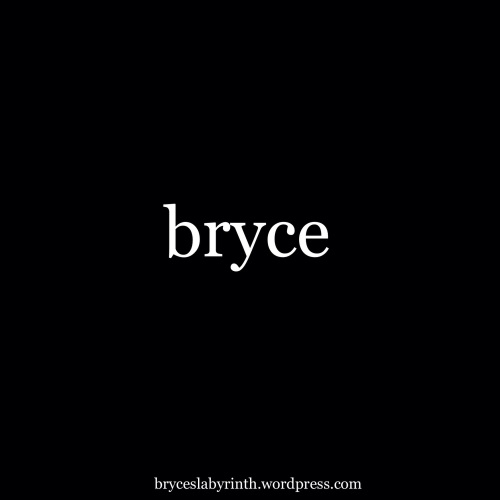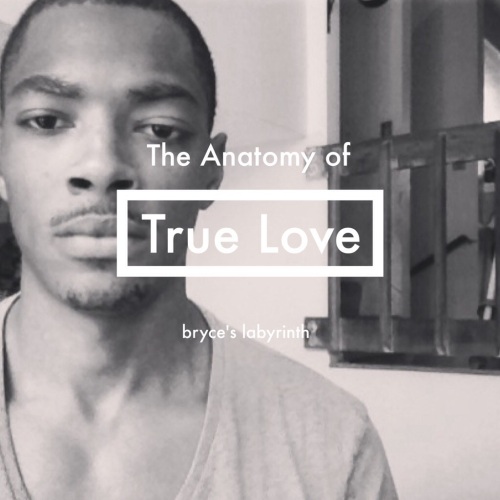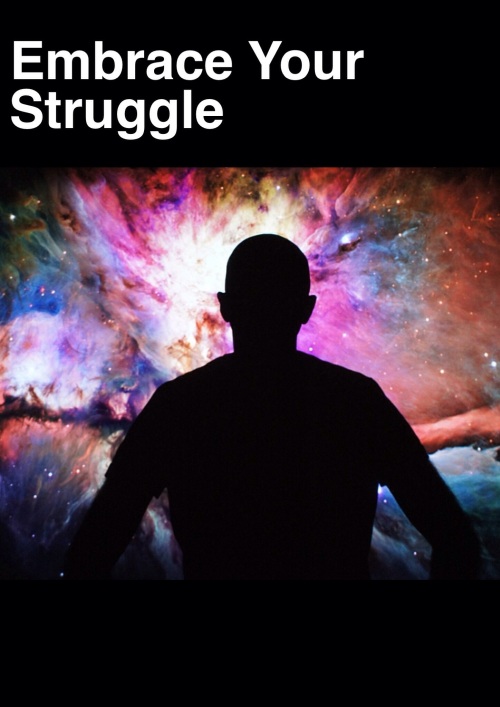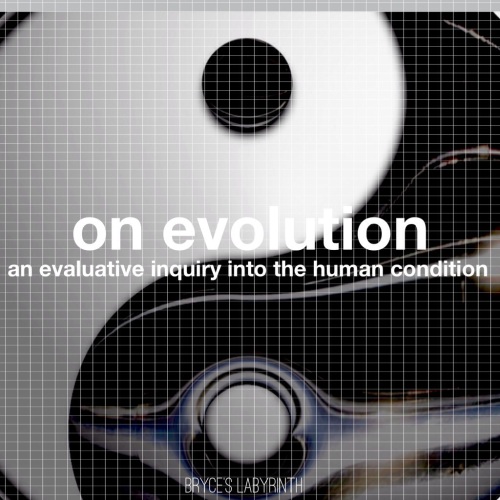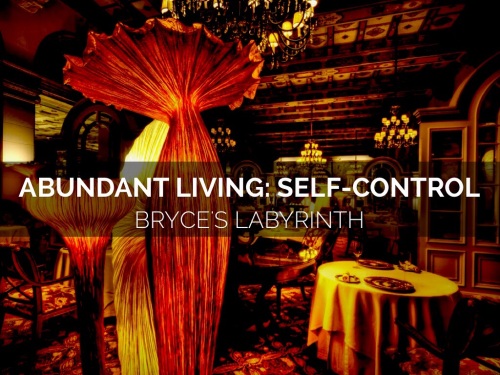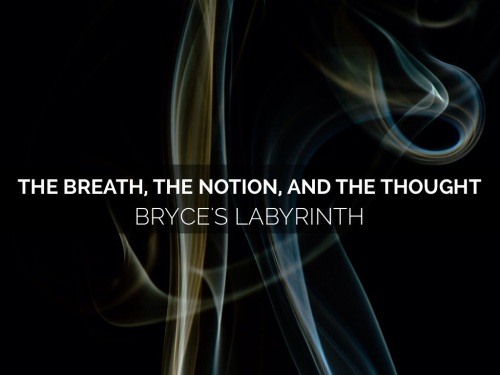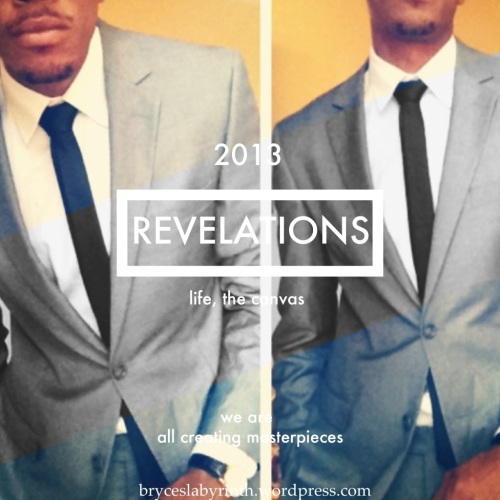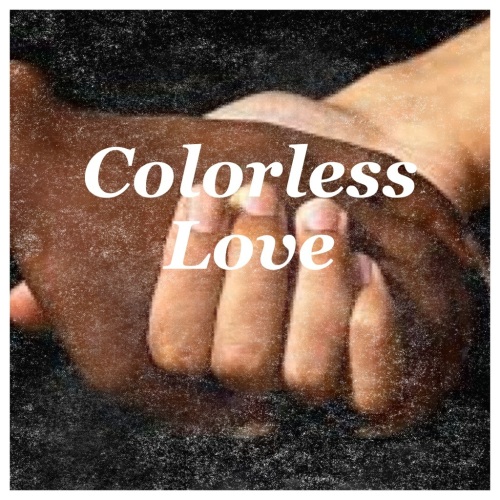A Boyfriend is Not A Husband
My romantic past has been something of keen interest to my social circles, a notion verified by the funny fact that historically my most popular posts have been those regarding my fraught filled dalliances. Today’s post falls in line with the pursuit of intimacy but is a little different than usual: over the weekend I reached out to a good friend of mine who had recently experienced some love woes and her response to my email was a suggestion that I give a particular topic some quality thought.
Sprawled across my cell phone screen was a simple statement with profound implications: DON’T PRAISE YOUR BOYFRIENDS. The message then went on to say:
“Don’t give a boyfriend the benefits deserving of a husband because he won’t have anything to marry you for, anything that he must continually work for — nothing to fight for. Until the night of your honeymoon, he is simply auditioning for the part.”
Heavy, indeed.
I actually spent most of today in a completely different contemplative domain; the blog I authored this morning had more to do with the frivolity and shortsightedness of ideology, an article I’ll likely publish tomorrow, and therefore, the construction of this post comes from an unusual perspective, but hopefully you readers have come to expect this from me.
As a high functioning narcissist with a nagging superiority complex, much of my life has actually been a journey of discovery into myself, rather than the exploration of the world around me. My relationship history has been volatile and unstable, the kinds of things found in lifetime movies. Fraught with the fear that I may be the culpable common denominator to my much touted romantic failures, I recently decided that I would take a step back and try to look at things, matters of the heart especially, from ever more objective stances.
A chief problem that I see rear its ugly head far too often is actually a core component of the domain in which I took residence earlier, the complexity of the brain and as a result, consciousness. Earlier I wrote, “Ideology is implemented to illuminate the objective truths of life, but life, or at least the human expression of life, will conform and mold to the subjective limits of a person’s ideology,” a curious oddity that has long-reaching implications. Many of us who consider ourselves deep thinkers believe that in-depth contemplative thought leads one to discovering the truth — the objective truth or at least some component of it — and thus is a pursuit that renders one enlightened. The tricky part is that this is not wholly backed by science; contemplative thought does render some deeper insight which can be considered a form of enlightenment, but the brain more or less operates by restructuring itself as opposed to a rigorous molting and greater flourishing.
Think of it this way: you are given a plain box and told that whatever you find in it is the objective key to happiness. You open the box and find something that you were thinking about last week. You are obviously elated and take to the various forms of communication to herald your discovery. Then some events happen and you open the box a few days later only to find out that its contents have changed; the box is now filled with something else closely related to the lessons learned throughout those past few days.
Although many won’t see the problem with this, remember that I said you would find the objective key to happiness. Therefore, it follows that whatever is inside is some form of universal good, a lesson that could be extended to all mankind, a concept you supported by trumpeting your good news. By seeing what makes you happy, you could in theory help someone else find that which makes them happy and so forth. However, if what is inside the box keeps shifting and changing per the subjective shifts in your own life, how could you hope to find meaningful objectivity?
A bit abstract, but with some time it will make sense. Quickly stated, the brain ultimately learns by restructuring itself and, as aforementioned, this has serious implications on all matters of life.
One major implication is that I cannot tell anyone what a boyfriend or a girlfriend should or should not do nor can I legitimately tell anyone how to treat their significant other. Taking a game theoretical position to its hilt, the best I can proffer is a schema that allows one to probe and survey their significant other and understand what it is that is needed, but even this is rife with subjective flourishes unique to my understanding.
However, for the sake of time and my sanity, I will put out a few suggestions.
Last week, my mom and I got into a lively conversation about how dating has changed from when she was in her 20s to now. She is unnerved by our lack of impulse control when dating one another; even though many in her generation (and those preceding her) dated for notoriously short periods of time, they, in her opinion, exercised more control or wisdom over their emotions. They didn’t give in and fall in love after a week and all the things of that like. While I could’ve eviscerated her point from a variety of different vantages, mostly that her arguments were fallacious, I gave her the benefit of the doubt because I did fundamentally understand where she was coming from and I offered this explanation:
Technology has made it possible for two people to be connected literally every waking moment, whereas, those from earlier generations were bound by the limits of communication in their time. We have no need for impulse control because a person can be instantly gratified at any time. We are supplied with a fresh set of photos, fresh set of life updates, and fresh lines of specified communication at literally the tips of our fingers. This extreme hyperbolic discounting has seemingly given way to unsettling trends tied to such realities.
Thus, the perils experienced by my friend over the weekend went hand in hand with the concerns from my mother, our generation isn’t wise when it comes to imposing limits.
Allow me to add this caveat, humans aren’t very wise when it comes to self-imposed limits. This isn’t an issue of age, creed, or culture, its a problem intrinsic to all manner of humanity.
A boyfriend is not a husband and although this is clear from a common-sense standpoint, common-sense is usually supplanted by intense emotion in matters of the heart. Call it competing motivations from genuinely quixotic individuals. Many of us so desperately want love, acceptance, and the emotional high that comes with these that we will readily sacrifice our usual sense for the next sensation. Although many women are sober and calculating in many aspects of their life, a competing cognition such as the prospect of romantic bliss will be as an EMP to their analytical computer. The same can be said of many men, ::cough:: me.
We are all aware of the benefits of love and we feel intuitively that by becoming a superconductor for the emotive persuasions, we are priming a situation for better vitality, we are maximizing our chances of enjoying true love. However, time and time again, we see that this is just simply not the case and again, we can point to competing motivations as the culprit.
Because our brains are mapping and remapping themselves at trillions of connections per second, our internal workings are exorbitantly complex. Few, if any, of us are truly privy to our inner mechanisms and as a result, we are a hotbed of hidden motivations. The unconscious and conscious minds are not always in synch, thus we are not completely who we think we are and we are certainly not always who we display ourselves to be. For some, this is inadvertent and for others it is an intentional malicious lie of omission; irrespective, the result is the same.
A husband should be a man whom you have established a friendship with, first and foremost. Within a friendship the bounds of rationale and response can be tested. Friendships are often more objective, even if only slightly, allowing two people to observe one another in scores of changing environments and if the brain is good for anything its flourishing in change. When a man is your friend, he is less likely to hide things from you; better yet, less capable of doing so. A woman’s razor sharp intuition is of high value here. You all know when your male friends are full of shit when you see him deal with other less assuming women, employ that logic here.
After you’ve become excited about a man, mentally take a step back. A man that cares for you and wants things to work will understand and see the value in taking a step back as well. There’s an adage going around that whatever relationship you’re in now will either end in a breakup or in a marriage; thats a serious investment. In the time that you’ve established a friendship, you should be able to step back and audit your emotions just as one would do a business or investment proposal. In this time you are able to freely and fluidly explore the why’s and how’s of your feelings and he should be doing the same. Instead of compulsively talking to one another, see how it feels to meditate alone for a day or two. Remember your me time will greatly affect your us time. If you or he are unable to be alone, you are preparing to enter a parasitic relationship and that’s a dangerous reality.
Engage in meaningful dialogue about your future then watch what he does to bring that future into fruition. Many men have smooth tongues, but actions will always speak louder than words. Moreover, make sure he actualizes things to an interfaceable reality. Don’t be quick to fall for “let’s go to the ring shop,” or “I love you and we should go look for churches.” He shouldn’t be lip service and great potential, but someone that sees things to their logical end. A husband is a man of his word and not just empty ones. Hold him to that.
Potential is great, but you must date a man’s reality. You should always stick close to a good man, even if his trappings aren’t all there. However, you should push him to become the best person he can. A husband should seek a wife that draws out and helps actualize his potential. A man that constantly dwells in what he can be is a man of empty words. In the friend phase encourage and push him and watch whether he grows, stagnates, or stultifies.
In your communication, establish the rules of your connection: the downfall of far too many relationships, especially young ones, is that things are not explicitly stated. Goals are ambiguous and major changes bring major confusion. Understand that a boyfriend is trivial, but a husband should be someone you honestly hope to spend a lifetime with. Express your feelings with rapt vitality and go from there. Everything stated should be more or less understood.
Religious antics aside, a marriage is a partnership. If you are passive be prepared to let your husband lead and if you are aggressive, be prepared to discuss the power dynamics. We obviously live in a society where aggressive and dominate women are frowned upon, however, you know you and if a man loves you, you must explain you to him. In an optimal partnership information is symmetrical and equally accessible, both parties must know as much as possible prior to making serious investments.
Be conscientious that there is another brain attempting to make sense of yours. Take nothing for granted, treat your husband as an extension of yourself. You’ll be all the happier for it.
A husband is not a functional counterpart and a marriage is not an economic transaction. From an evolutionary perspective, you’ve probably chosen an individual from an instinctual, preconscious desire to reproduce and maximize fitness; however, as an advanced being, this does not necessitate cut and cry transactional decorum. A husband should be the man that you are vulnerable with, the man that knows you all too well. A husband is your primary support system and your physical refuge: in your deepest moments of desperation he should be the one you run to and he should want to be that person, every damn day.
I can go on ad infinitum but suffice to say that none of these things define a boyfriend. As is clear, I kept all of this perfectly symmetrical so that at any point you could substitute “girlfriend” and still have the same result. A wife and a husband should be interested in the deeper experiences of the human condition; the relationships I’ve seen last are based on considerably deeper foundations than those that didn’t. Therefore, it follows that there should be some limits on the expressions given to a boyfriend/girlfriend connection. Does this mean hold back and play games with one another? Of course not, but there should be places reserved for the man or woman who has stated that they want to be your forever and acted accordingly. Those deeper feelings of intimacy should be for the person that consistently earns it.
Emotional maturity is important for these types of connections because at this very moment I know many readers are defending their unconditional displays towards boyfriends and girlfriends. I do sincerely hope those trysts work out, but I will stick to my guns and say that certain intimacies are best saved for one’s partner for life. With no investment, no skin in the game, nothing to lose except a few tears, too many people are fine with just walking away. Far too many predators, far too many broken individuals, and far too many people who don’t know or understand themselves stalk these streets. It is better to consciously work through the whole of a person and hold off on the emotional histrionics than give way to someone who can potentially do severe damage, intentional or not.
bryce


